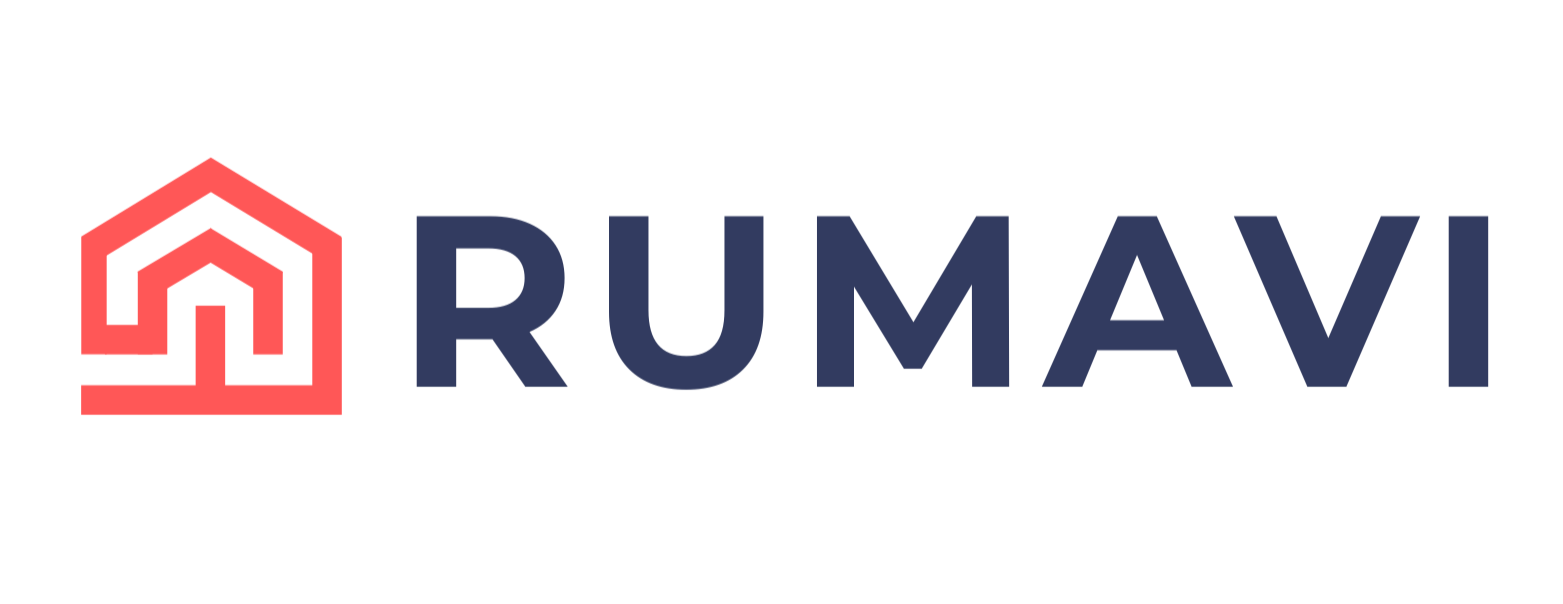Bali's turquoise waters, ancient temples, and thriving digital nomad scene have made it one of Southeast Asia's hottest Airbnb markets. But if you're thinking about investing in a villa or running short-term rentals, here's what you need to know: the rules changed dramatically in 2024-2025, and ignoring them could cost you everything.
This comprehensive guide covers everything from licensing requirements (NIB, TDUP, Pondok Wisata) to tax obligations, recent enforcement actions, and practical tips for both hosts and guests navigating Bali's new regulatory landscape.
Why Bali Is Cracking Down on Illegal Airbnb Rentals
Bali's short-term rental boom has spiraled beyond its regulatory framework. As of July 2025, there were over 39,000 Airbnb listings in Bali—yet virtually none had the proper tourism license.
The problem? Unlicensed rentals create unfair competition. Hotels and licensed operators pay substantial tourism taxes and licensing fees, while illegal villas dodge these costs entirely. The Bali Hotel and Restaurant Association reports that despite strong tourist arrivals, hotel occupancy has declined as visitors increasingly book unlicensed villas that undercut legitimate businesses on price.
Why are unlicensed villas cheaper? Simple: they're not paying the 10% hotel tax, licensing costs, or complying with safety standards. Some even route payments offshore, meaning Indonesia loses tax revenue completely.
But the biggest concern? Zoning violations. Illegal villas are popping up in residential neighborhoods and even protected green-belt areas, threatening Bali's delicate environmental balance.
The turning point came in July 2025 when Bali Governor I Wayan Koster personally oversaw the demolition of 48 illegal structures at Bingin Beach in Pecatu —a clear message that the era of "look the other way" enforcement is over.
Legal Requirements for Running an Airbnb in Bali [Q4 2025 Update]
Under Indonesian law, short-term rentals aren't treated as casual home-sharing—they're commercial hospitality businesses. Here's what you need to operate legally:
1. Business License – NIB (Nomor Induk Berusaha)
Every host must register their business and obtain an NIB through Indonesia's OSS (Online Single Submission) system.
- Foreigners: Must establish a PT PMA (foreign-owned company)
- Indonesians: Can use individual registration or local PT structure
- Purpose: Registers your rental as a legitimate taxable business
2. Tourism Accommodation License – TDUP or Pondok Wisata
This is the most critical license—without it, you're operating illegally.
TDUP (Tanda Daftar Usaha Pariwisata): General tourism business registration required for most villa operations
Pondok Wisata: Simplified homestay license for small accommodations (up to 5 bedrooms). Available to Indonesian citizens or through PT PMA companies specializing in villa management.
Important: Foreigners cannot apply for Pondok Wisata under their personal name—they must establish a PT PMA or partner with an Indonesian citizen, though the latter carries significant legal risks. FYI: Go with the PT PMA for legal security.
3. Building Permits – PBG & SLF
Your villa needs valid construction permits:
- PBG (Persetujuan Bangunan Gedung): Replaced the old IMB; confirms building approval
- SLF (Sertifikat Laik Fungsi): Certifies the building is safe and functional
Critical distinction: Having PBG/SLF doesn't give you permission to rent—you still need TDUP or Pondok Wisata for commercial tourism use.
4. Zoning Compliance
Short-term rentals can only operate in tourism-zoned land (marked pink on official zoning maps). Villas in residential (yellow) or protected green zones cannot legally be rented to tourists.
Pro tip: Always verify the RTRW certificate (zoning designation) before buying or leasing property intended for rental.
Tax Obligations for Airbnb Hosts in Bali
Taxes are a major focus of the current crackdown. Here's what you're required to pay:
Failure to comply can result in retroactive tax bills and fines ranging from IDR 500 million to 1 billion (USD 33,000-66,000).
Enforcement Update: What's Happening in 2025
Bali has shifted from tolerance to aggressive enforcement:
Recent Actions:
- Fines & Closures: Satpol PP (civil service police) are sealing unlicensed villas with "disegel" notices
- Demolitions: 48 structures demolished at Bingin Beach; authorities targeting 9 additional locations including Balangan Beach.
- Tax Audits: High-end villas suspected of avoiding hotel tax face scrutiny
- Deportations: Foreigners running illegal rentals without PT PMAs or work permits risk deportation and blacklisting
- Platform Oversight: Officials are discussing requiring Airbnb/Booking.com to verify license numbers
Lombok & Jakarta: What's Different?
Lombok
Airbnb activity remains smaller than Bali. Enforcement is currently more relaxed, but the same legal framework applies (NIB + TDUP required). As Lombok's Mandalika resort zone develops, expect Bali-style enforcement to follow.
Jakarta
Short-term rentals are mostly condominiums. Some apartment buildings ban them outright. Technically, NIB and TDUP are still required, but enforcement is lighter than in Bali.
The Real Risks of Operating Illegally
Running an unlicensed rental isn't just a paperwork issue—it's a serious legal, financial, and operational risk:
1. Massive Back Taxes & Penalties
Without proper licenses, you're not reporting the 10% hotel tax, income tax, or VAT. Once authorities discover your operation (often through neighbor complaints or platform visibility), they can assess years of back taxes plus penalties and interest—potentially hundreds of millions of rupiah.
2. Property Closure & Demolition
Satpol PP can seal your property immediately, halting operations. If you're in a prohibited zone or lack PBG/SLF, authorities can escalate to forced demolition, as demonstrated at Bingin Beach.
3. Deportation & Immigration Blacklisting
Foreigners managing bookings, staff, or finances without proper PT PMA structure are deemed to be working illegally. Immigration can deport and blacklist offenders—sometimes permanently.
4. Insurance Void & Civil Liability
Operating outside permitted use means your property/liability insurance can refuse coverage. Without valid SLF and tourism licenses, you're personally liable for guest injuries, which can be financially devastating.
5. Platform Delisting Risk
If platforms begin verifying license numbers (currently under discussion), unlicensed properties face delisting—cutting off your primary booking source.
6. Mid-Stay Property Seizures
Authorities have sealed properties mid-stay, forcing guests to relocate. This ruins holidays, destroys your reputation, and tanks your reviews.
How to Operate Legally: Essential Tips for Villa Owners
For Foreigners:
- Establish a PT PMA – The only safe legal structure (minimum capital ~IDR 10 billion)
- Verify zoning before purchase – Ensure property is in pink tourism zone
- Secure Pondok Wisata or TDUP early – Don't wait until you're operating
- Budget for taxes – Include 10% hotel tax in pricing strategy
- Hire professionals – Work with notaries, tax consultants, and reputable management companies
For Indonesians:
- Apply for Pondok Wisata – Can be done without forming a company
- Maintain proper building permits – Keep PBG and SLF current
- File taxes consistently – Monthly or annually depending on local requirements
For All Owners:
- Join trade associations – Bali Villa Rental Association (BVRMA) provides guidance and advocacy
- Stay informed – Regulations are evolving; monitor updates regularly
- Register foreign guests – Report to police within 24 hours (requirement for STM)
Advice for Guests: How to Book Safely
Protect yourself and support sustainable tourism:
✓ Ask about licenses – Request proof of Pondok Wisata or TDUP
✓ Check for tax inclusion – Legitimate villas mention the 10% hotel tax
✓ Avoid "too good to be true" deals – Deeply discounted rates may signal illegal operations
✓ Book with reputable managers – Established villa management companies ensure compliance
✓ Read recent reviews – Look for mentions of licensing or enforcement issues
Remember: Choosing a legal villa not only protects you from mid-stay disruptions but also supports fair, sustainable tourism.
Frequently Asked Questions
Q: Can guests be fined for staying in illegal villas?
A: Currently, enforcement targets owners/operators. However, guests risk disrupted stays if properties are sealed during their visit.
Q: Can foreigners operate without a PT PMA?
A: No. Foreigners renting to tourists without a PT PMA are considered to be working illegally and face deportation.
Q: What if I buy a villa without a Pondok Wisata?
A: You cannot legally rent it short-term. You'll need to secure compliance first or risk closure and fines.
Q: How long does it take to get a Pondok Wisata?
A: Typically 1-3 months if all zoning and building documents are complete; can extend to 6-12 months for complex cases.
Q: Are nominee arrangements legal?
A: No. Nominee agreements are not legally recognized and leave foreigners with zero protection if disputes arise.
Q: Are property managers liable for illegal villas?
A: Yes. Management companies can face penalties for operating unlicensed properties.
Q: What's the difference between TDUP and Pondok Wisata?
A: Pondok Wisata is specifically for small accommodations (up to 5 rooms). TDUP is a broader tourism business license that may be required for additional services like food/beverage or guided tours.
.
The Bottom Line: Compliance Is Non-Negotiable
Bali isn't "anti-Airbnb"—it's pro-regulation. The government simply requires that all rentals operate legally: properly licensed, zoned, and taxed.
With stricter enforcement in 2025, the risks of operating illegally have never been higher. From massive fines to deportation and property demolition, the consequences are severe and very real.
For investors and villa owners: Protect your investment by setting up a PT PMA, securing your licenses, and paying your taxes from day one.
For guests: Choose properties that operate above board—your safety and satisfaction depend on it.
By following the rules, you're not just protecting yourself—you're helping ensure Bali's tourism economy remains vibrant, fair, and sustainable for generations to come.














